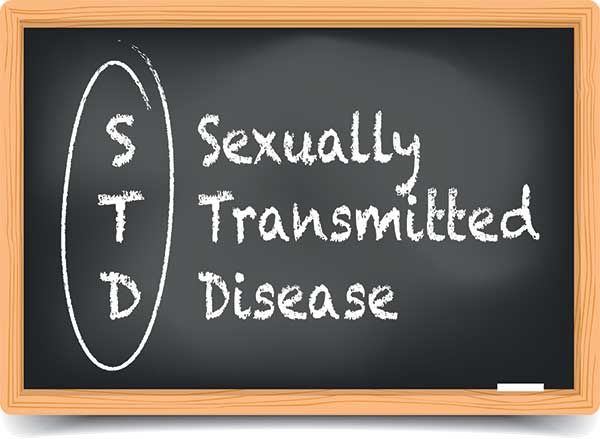Chlamydia Symptoms

Chlamydia Symptoms
What is Chlamydia? Chlamydia is a bacterial infection that spreads through unprotected sexual contact including vaginal, anal or oral sex. To protect yourself from this sexually transmitted disease (STD) you need to consistently use condoms or other barrier contraceptives.
Chlamydia commonly has no symptoms, but people with Chlamydia are said to experience the following:
- Pain in the abdomen, testicles or vagina
- Painful sexual intercourse
- Painful urination
- Rectal pain, discharge or bleeding
- Sore throat
- Discharge from the penis or vagina that may have an odor
- Bleeding between periods (women)
- Eye discharge or spotting
Diagnosing Chlymydia
Screening and diagnosing chlamydia is simple. The tests physicians use to diagnose Chlamydia include:
- Urine analysis
- Pelvic exam (women)
- Urethral swab (men)
- Rectal swab
- Pharyngeal swab (throat swab)
Treating Chlamydia
Treatment for chlamydia includes antibiotics in a single dose or may be spread out over a period of days. Antibiotics most commonly used to treat chlamydia are:
- Azithromycin (or Zithromax)
- Doxycycline
It is common for chlamydia to have NO symptoms at all. If you think you have been exposed to this STD you should visit the closest Signature Care Emergency Room.
If chlamydia is left untreated it will not likely cause any long-term problems, but it is recommended that you get tested for other STDs and HIV as well.
Increased risk for HIV, PID (pelvic inflammatory disease) miscarriage, and early labor are just a few of the worst case scenarios when chlamydia is left untreated.